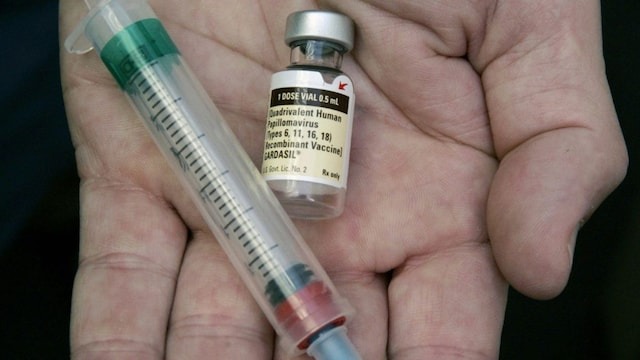
New Delhi: For years, cancer was widely believed to be purely a genetic defect, something predetermined by our DNA. However, epigenetics—the study of how genes are regulated without changing their sequence—has introduced a new perspective. Recent research suggests that our lifestyle and environment play a crucial role in activating or deactivating certain genes, including those linked to breast cancer and other forms of the disease.
Factors like diet, pollution, and stress can turn cancer-related genes on or off, shifting the focus from genetic fate to prevention and risk management. This means that while treatment remains essential, prevention could be just as powerful in reducing cancer risks.
What is Epigenetics?
Unlike genetic mutations, which permanently alter DNA, epigenetic changes are reversible and can be influenced by lifestyle choices. There are three main mechanisms that drive these modifications:
DNA Methylation: The addition of methyl groups to DNA molecules can silence tumor suppressor genes, stopping them from preventing uncontrolled cell growth.
Histone Modification: Histones are proteins that package DNA into chromosomes. Chemical changes to histones can tighten or loosen the way DNA is wound, affecting gene accessibility and activation.
Non-Coding RNA: Small RNA molecules help regulate gene expression, determining whether cancer-promoting genes are activated or turned off.
How Lifestyle & Environment Influence Cancer Risk
Diet & Nutrition:
- A nutrient-rich diet supports healthy DNA methylation and reduces cancer risks.
- Foods rich in folate, vitamin B12, and polyphenols (found in green tea, turmeric, and berries) help protect against abnormal cell growth.
- On the other hand, diets high in processed foods, red meat, and alcohol can trigger harmful epigenetic modifications, increasing cancer susceptibility.
Pollution & Toxins:
- Exposure to air pollution, heavy metals, and carcinogens (like tobacco and pesticides) can lead to epigenetic changes that promote cancer.
- Studies show that individuals living in highly polluted areas experience higher levels of DNA methylation abnormalities, which elevate their cancer risk.
Stress & Mental Health:
- Chronic stress increases levels of cortisol, a hormone that modifies DNA methylation and histone structures, potentially activating cancer-related genes.
- Psychological stress is linked to more aggressive tumors and weaker responses to treatment.
The Future of Cancer Treatment: Reversing Epigenetic Changes
The exciting aspect of epigenetics is that these changes are reversible, offering hope for both prevention and treatment.
Epigenetic Drugs: Scientists are developing medications such as DNA methylation inhibitors and histone deacetylase inhibitors that can restore normal gene function, potentially stopping cancer in its tracks.
Personalized Cancer Treatment: By analyzing an individual’s epigenetic pattern, doctors could tailor therapies that are more effective and less toxic, paving the way for customized, patient-specific treatments.
Epigenetics is transforming our understanding of cancer from a fixed genetic fate to a condition influenced by lifestyle choices. While cancer prevention and treatment are still evolving, research in epigenetics is opening doors to new ways of reducing risks and developing more precise therapies.
By making informed choices about diet, managing stress, and minimizing exposure to toxins, individuals can take an active role in reducing their cancer risk, proving that our genes are not our destiny—our choices matter too.

 Desk
Desk Share
Share






